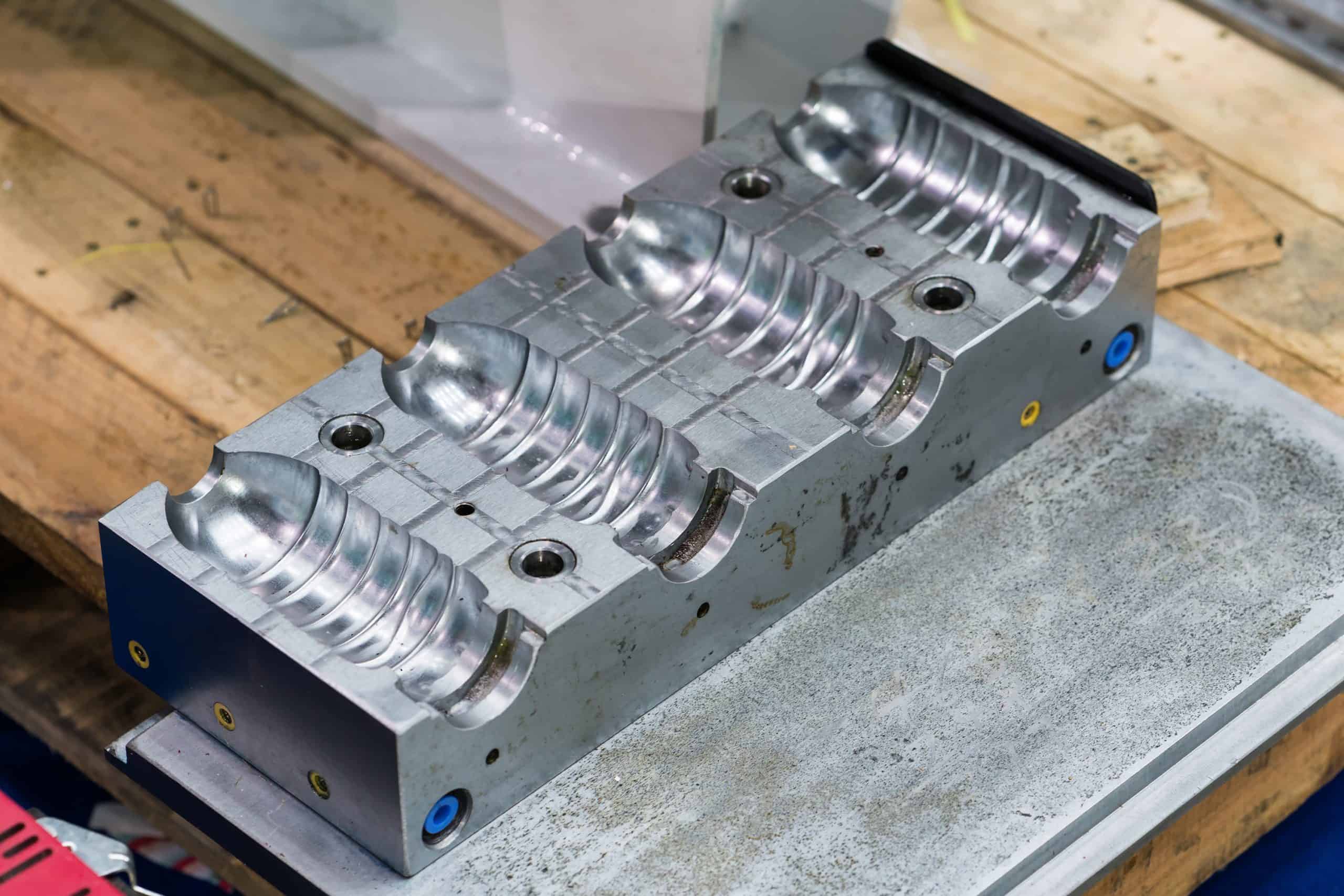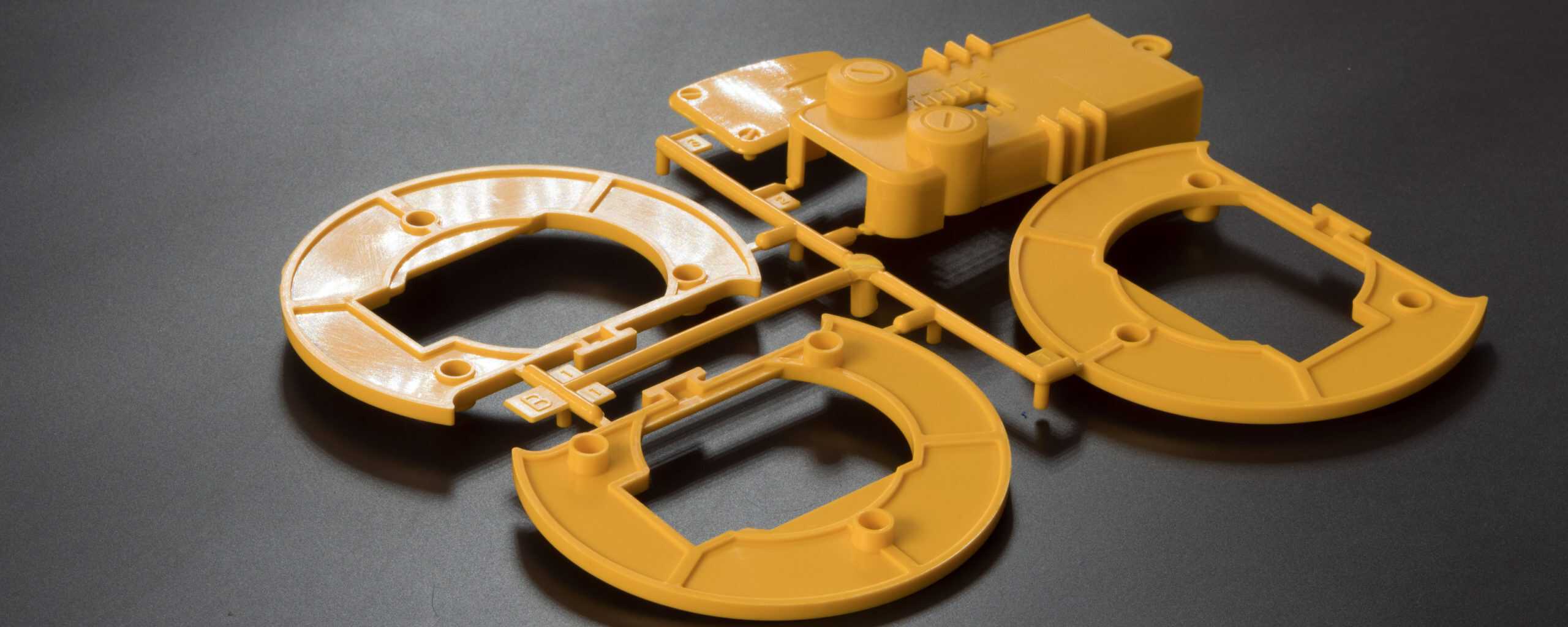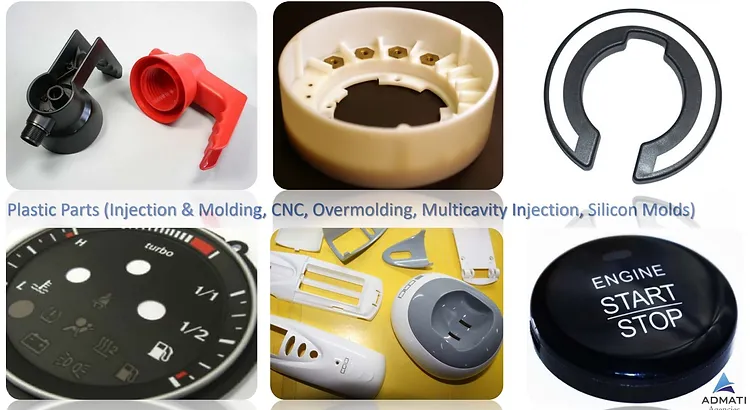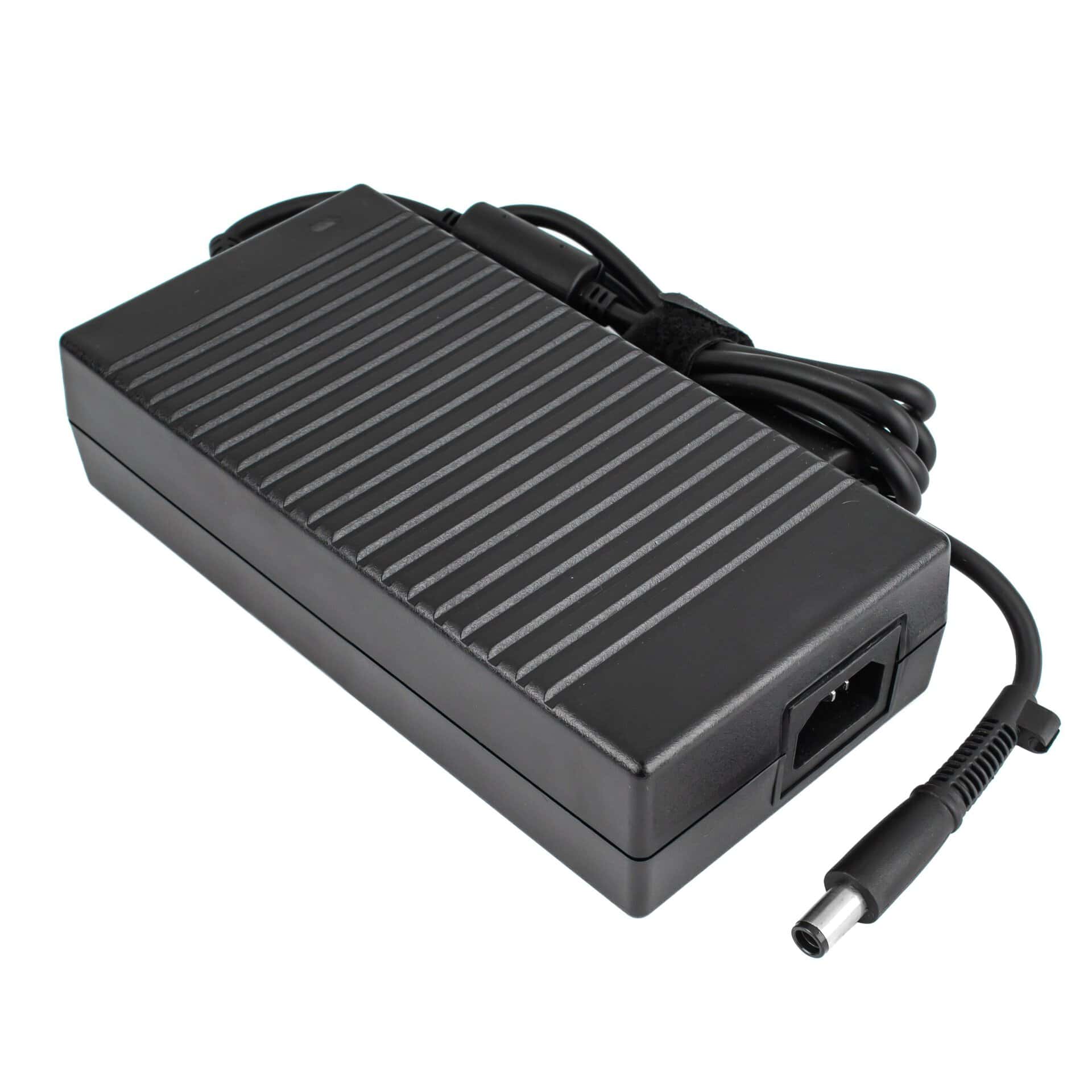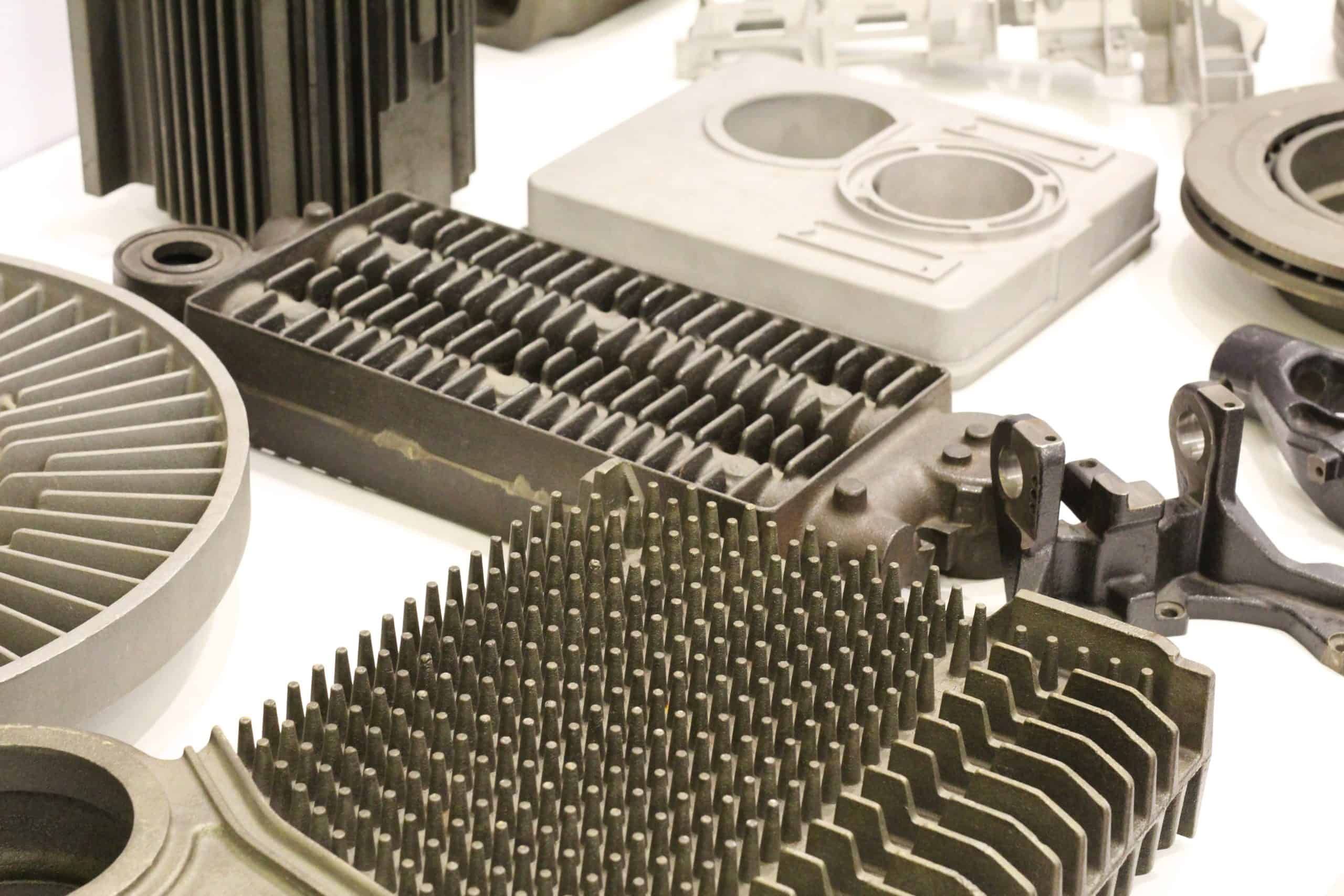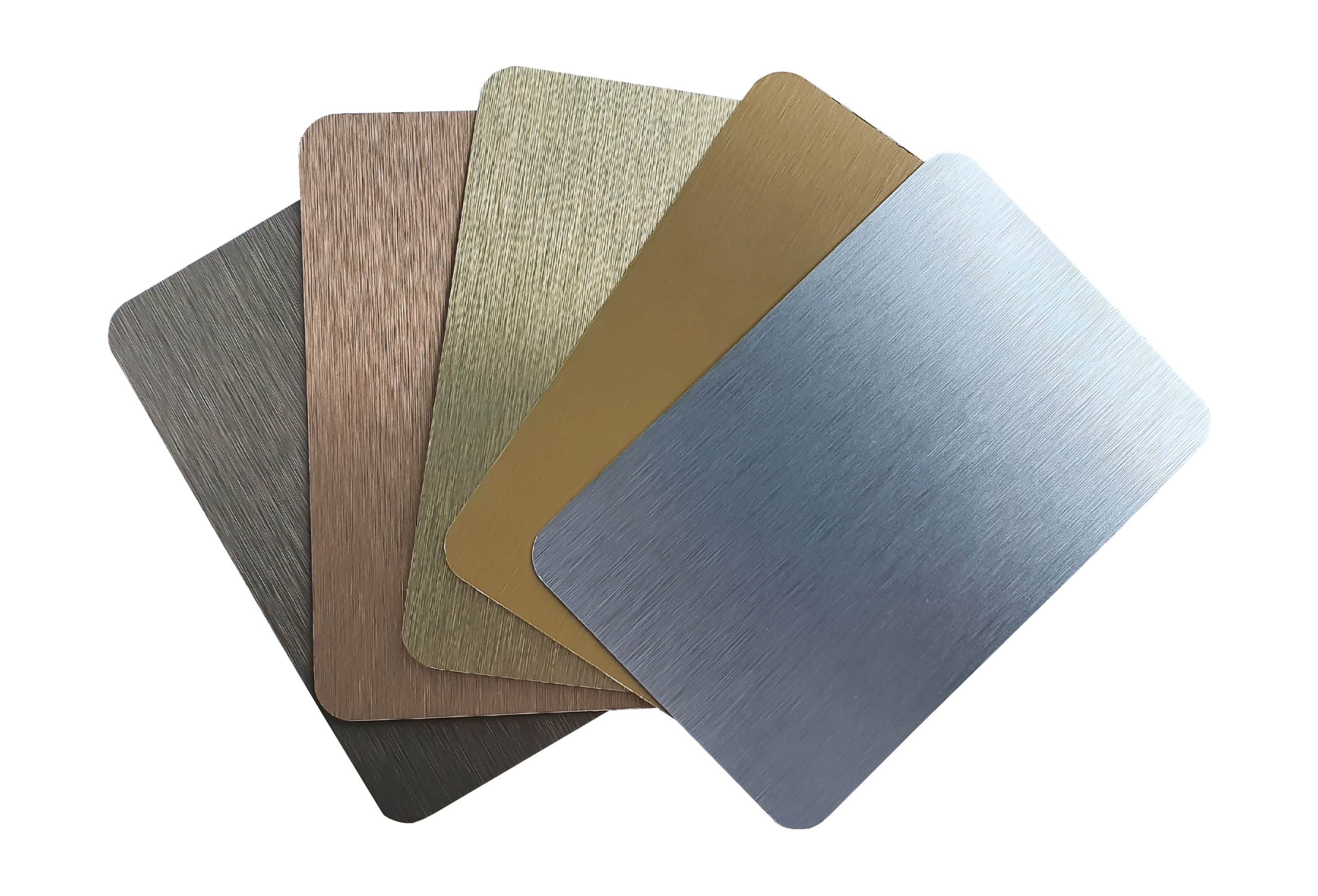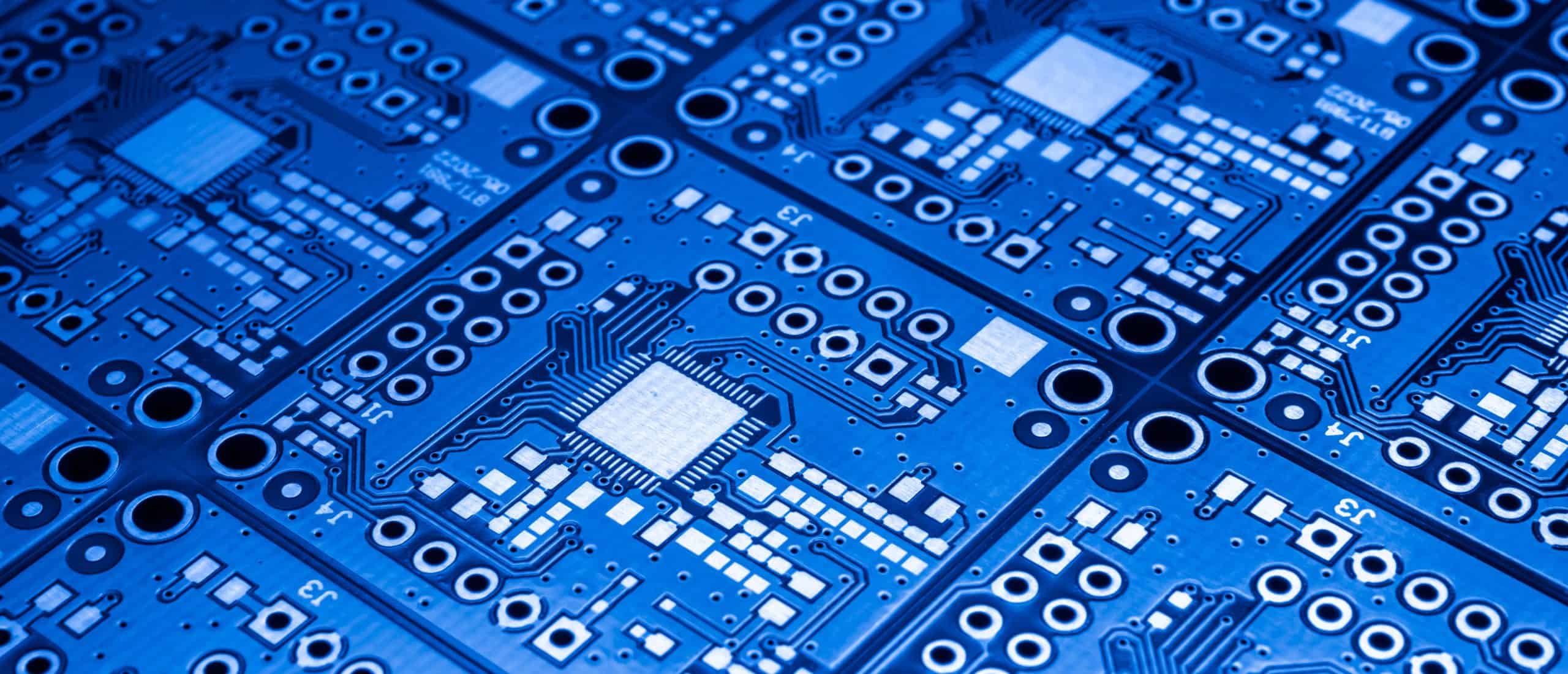Mechanical Catalog
Injection Moulding
Admati Agencies specializes in producing high-quality plastic parts through Injection & Molding, using advanced CNC technology to ensure precise and consistent results. With expertise in overmolding, we offer seamless integration…
Description
Sizes and weight
How to use

More from the Mechanical Catalog
